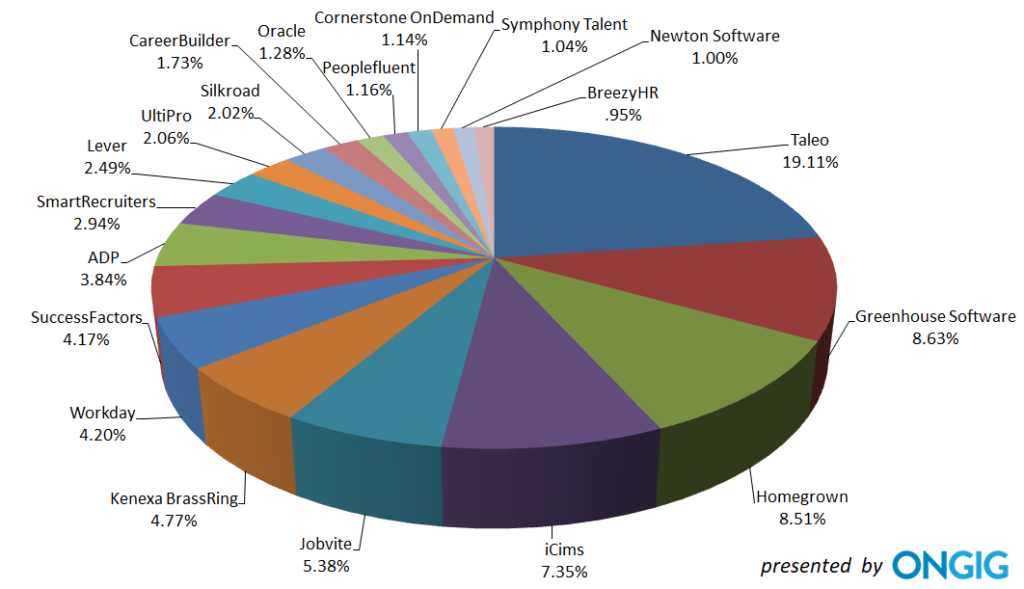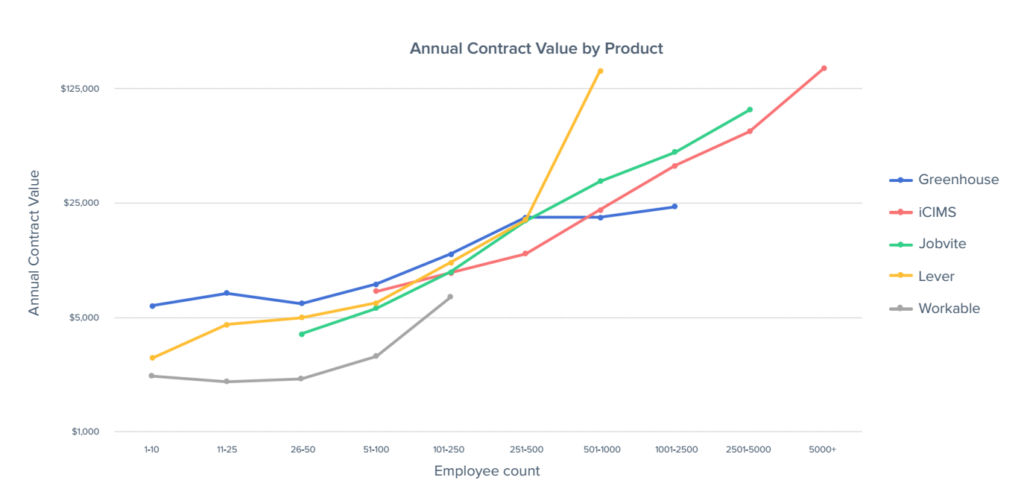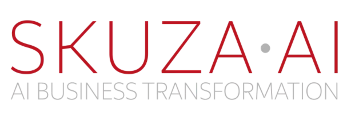John Deere Closes In On Fully Autonomous Farming With Its Latest AI Acquisition
John Deere announces the acquisition of an innovative suite of algorithms from the launch of Artificial Intelligence Light.
Today’s purchase is primarily based on John Deere’s need for speed and accuracy.
Jorge Heraud and Willy Pell, John Deere’s VPs explained that this acquisition will not only accelerate the development and implementation of the company’s AI technology but will also allow the equipment to move faster and safer without human intervention.
Light, the company Deere’s partnering with for the asset purchase uses a computerized approach to self-driving, which allows the AI system controlling the vehicle to “see” the world as biological systems do.
Essentially, the Light algorithms will allow Deere equipment to use standard cameras (read: plain old pre-engineered vision systems) to achieve virtually unmatched depth perception.
This is similar to the approach Tesla uses with its “Full Self-Driving” (FSD) system.
AI is Transforming the Recruiting and Hiring Process

Artificial intelligence is transforming the recruiting and hiring process in the job search. Recruiters can use software to quickly and easily identify qualified candidates for a position. By automating the screening process, AI can help save time and money for businesses. Despite numerous other advantages to using artificial intelligence in the recruiting and hiring process, there are also a variety of disadvantages. This article will examine how artificial intelligence is changing the way businesses hire employees and explore the benefits of using AI in the recruiting process.
How Artificial Intelligence is Changing the Recruiting Process
Artificial intelligence (AI) refers to the simulation of human intelligence by machines. It has been used in a variety of industries, including healthcare, finance, and manufacturing. In the context of recruiting, AI can be used to screen resumes, identify qualified candidates, and conduct job interviews. Furthermore, it can create targeted recruitment ads on websites and can predict an applicant’s cultural fit with the company.
Artificial intelligence is changing the recruiting process by automating the screening of resumes. By using keywords and Boolean logic, AI can identify qualified candidates for a position. Most companies use an Applicant Tracking System (ATS), which automatically screens resumes and identifies candidates that match the job requirements. The software is most useful for companies that deal with a high volume of applicants. For example, a company that receives 500 applications for a position may only interview a handful of candidates. In this case, the ATS can help narrow down the pool of applicants to those that are most qualified. In addition, the system can be used to conduct job interviews. The ATS conducts job interviews by asking questions that are pre-determined by the company. The AI within the ATS can analyze the interviewer’s posture, confidence, eye contact, and a variety of other metrics.
Pinpoint is an example of a modern ATS that has features for recruitment automation, candidate experience management, and diversity hiring. It uses cloud-based software that automates repetitive tasks like the screening of hundreds of resumes that are submitted to a company. The graph below shows the top ATS market share. Additionally, these are trusted and widely used systems.

Overall, artificial intelligence is changing the recruiting and hiring process in a number of ways. By automating the screening process, AI can help businesses save time and money. In addition, AI can also improve the accuracy of hiring decisions and provide a better candidate experience.
The Benefits of Using Artificial Intelligence in the Hiring Process
Some of the benefits of using artificial intelligence in the recruiting process include:
- Increased accuracy: By using artificial intelligence, businesses can increase the accuracy of their hiring decisions. AI can help identify qualified candidates that may have been overlooked in the past. A study by MIT found that AI was more accurate than humans at identifying qualified candidates for engineering jobs. Therefore, it is important for a company to consider the position they are recruiting for. An engineering position requires advanced technical skills that an ATS can better identify. On the other hand, a consulting position requires strong interpersonal skills that a human can better identify.
- Improved candidate experience: AI can also improve the candidate experience. By using an ATS, candidates can be interviewed without having to meet in person. This process is convenient for both the business and the candidate because it can save time and money. For example, a company named HireVue allows candidates to interview from the comfort of their own homes. Virtual interviews were incredibly convenient in the height of the COVID-19 pandemic when many applicants were conscious of their health.
- Increased diversity: Artificial intelligence can also help businesses increase diversity in their workforce. By using AI, companies can identify candidates that may be a good fit for the company. An AI-powered recruiting tool called Textio works to promote inclusion and diversity in the workforce by identifying qualified candidates that may have been overlooked in the past.
- Reduced time to hire: The use of artificial intelligence can help reduce the time to hire. By automating the screening process, businesses can save time and money.
The Drawbacks of Using AI in Recruiting
While there are many benefits to using artificial intelligence in the recruiting process, there are also some challenges. Some of the challenges include:
- Bias: There is a risk of bias when using artificial intelligence in the hiring process. AI can often mirror the preferences of those who train it. If an interviewee is discriminated against in the hiring process, a lawsuit could be launched against the company. In 2018, Amazon decided not to implement its hiring software because it preferred male candidates over female candidates. Therefore, businesses need to be aware of the biases of their software and take steps to avoid legal trouble and ineffective hiring practices.
- Cost: The cost of implementing artificial intelligence can be a barrier for some businesses. AI-based systems can be expensive to purchase and maintain. However, the recent increase in the amount of ATS companies is starting to lower prices. The graph below shows the ATS pricing benchmark report. Before implementing an ATS, it is important to run a cost-benefit analysis on investing in one of these systems.
- Lack of understanding: There is a lack of experience in artificial intelligence among many business decision-makers. A study by Gartner found that only 20 percent of businesses surveyed believed that they had a good understanding of artificial intelligence. This lack of knowledge can make it difficult for companies to find the right artificial intelligence solution for their needs.

Conclusion
Despite the challenges, artificial intelligence in the recruiting and hiring process has come a long way as technology and intelligent techniques are advancing. Businesses that are knowledgeable about AI’s benefits and challenges and understand the positions they are hiring will be well-positioned to find the best candidates for their open positions.
In conclusion, artificial intelligence is transforming the recruiting and hiring process by automating the screening process, improving the candidate experience, increasing diversity, and reducing the time to hire.
What do you think about artificial intelligence in the recruiting and hiring process?
